
Politics
09:21, 15-Oct-2017
How do Chinese people make their voices heard in China?
CGTN
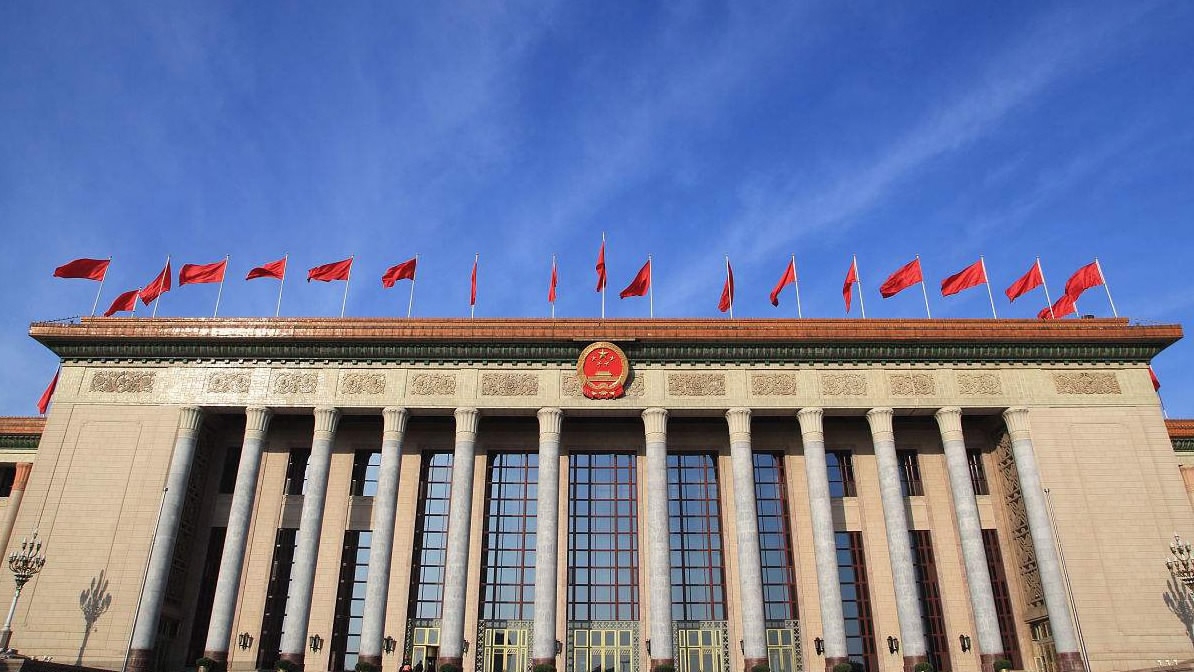
“Serving the people wholeheartedly” is a key element of the tenet of the Communist Party of China (CPC). Public opinion and the well-being of the people have always been a priority of the Party.
Xi Jinping, General Secretary of the CPC Central Committee, has repeatedly urged the Party members and officials to listen to public voices so as to have a better understanding of their needs and wishes.
Since the 18th CPC National Congress in late 2012, the Party, as well as the governments at all levels, have adopted various measures in improving the channels for the public to participate in national governance.
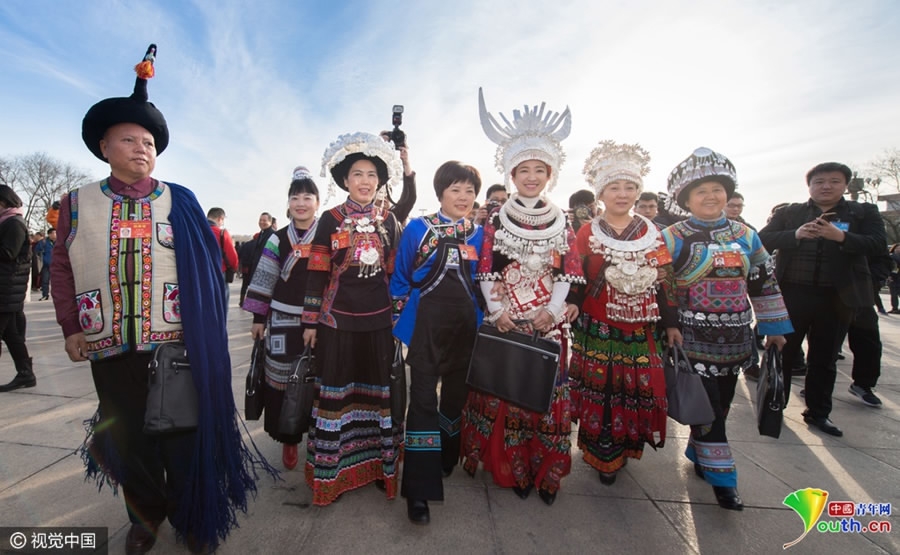
Deputies from ethnic groups attend the 12th National People’s Congress in March, 2017. /VCG Photo
Deputies from ethnic groups attend the 12th National People’s Congress in March, 2017. /VCG Photo
First and foremost, the Chinese people’s rights in participating in national governance have been secured by the “Two Sessions,” the National People’s Congress (NPC) and the Chinese People’s Political Consultative Conference (CPPCC), which provide the platform for the people to get involved in the country’s legislation and political consultation.
The country also has set up institutions as well as the hearing and petition systems to collect public opinions and pass them onto decision makers.
In recent years, with the fast development of internet-related industries and social media platforms, governments at all levels have used the internet to collect public complaints and suggestions.
Two Sessions listen to public opinions
The Two Sessions - the annual sessions of the top legislature and top political advisory body - are among the most important political events in China.

CGTN Photo
CGTN Photo
Every March, thousands of NPC deputies and CPPCC members from various walks of life and ethnic groups gather together in Beijing to present their proposals based on public opinions.
To collect as many public opinions as possible, the NPC deputies and CPPCC members talk to ordinary people on the street, hand out questionnaires, hold symposia and open social media accounts to hear people’s voices online.
Their proposals cover issues of public concern from industrial policy to domestic violence, many of which are absorbed in the national agenda for the next year and beyond.
Meanwhile, every year ahead of the Two Sessions, the government will launch online surveys to get an idea of what issues the Chinese people care about the most and make decisions accordingly. This has become a major channel for millions of Chinese people to express their thoughts.
The hearing system and transparent administration
China introduced the hearing system in 1996. In 2000, the system was embodied in the Legislation Law. According to Article 5 of the amended law, the “laws shall be made in order to embody the will of the people, enhance socialist democracy and guarantee that the people participate in legislative activities through various channels”.
By the end of 2014, at least 38 hearings had been held by the Standing Committee of 24 provincial People’s Congresses.
In 2016, the State Council issued an interim regulation on the transparent administration of the local governments, and launched pilot projects in 100 counties and districts across the country.
Earlier this year, the country has released a draft regulation to specify the “public participation” in the drafting of major administrative policies. According to the draft, the public participation can be carried out in various forms including public hearings, questionnaires, surveys and interviews.
It also stipulates that the period of soliciting public opinions should be no less than 30 days. Meanwhile, feedback is required on key issues brought up by the public.
For instance, before issuing a regulation on the rampant car-hailing services, the Ministry of Transport published a draft decision on October 10, 2015, giving the public a month to offer suggestions and advice.
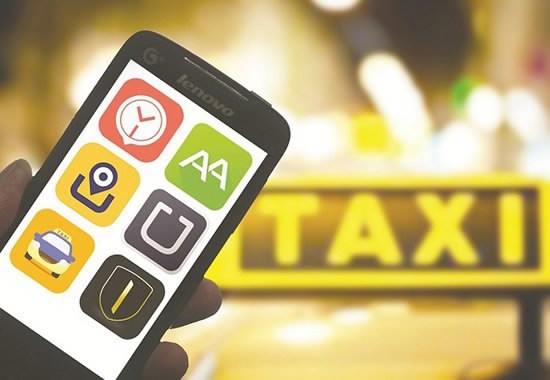
Car-hailing applications on cellphone. /Photo via Tencent News
Car-hailing applications on cellphone. /Photo via Tencent News
After the public opinion soliciting procedure, the ministry officially published an interim regulation in July 2016, granting legal status to the car-sharing services for the first time while protecting the interests of the drivers and the passengers as much as possible.
Didi Chuxing, China’s largest car-hailing service application, said that they believed the regulation would open a new and more promising chapter for the car-hailing services in China. It could not only solve the public’s difficulty in traveling, but also provide efficient transport resources to other Chinese cities.
Internet makes hearing public voices easier and more effective
China is undergoing a media revolution driven by the internet, with the number of internet users exceeding 700 million across the country.
The majority of government departments now have their own Weibo accounts – China’s twitter-like service – where they can share information, collect opinions from netizens, as well as hold real-time communications with them.
Besides commenting on Weibo, Chinese net users also have various online platforms to voice their opinions, including BBS, web portals, Wechat and many other different online forums.
In many cases, Chinese people’s opinions online, indeed, propel basic reforms in some areas.
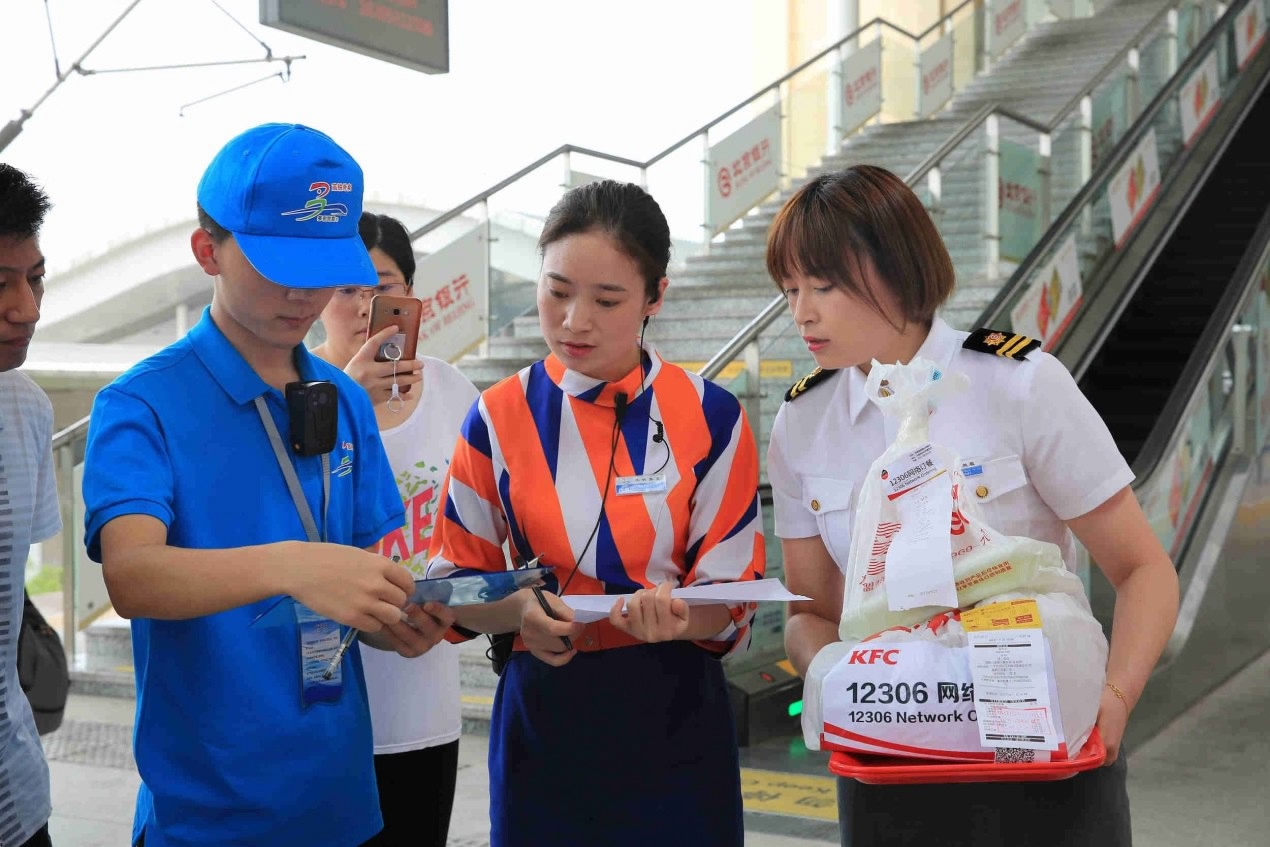
Food delivery staff member checks orders with a railway crew in Jinan, Shandong Province. /VCG Photo
Food delivery staff member checks orders with a railway crew in Jinan, Shandong Province. /VCG Photo
For example, food served on passenger trains has long been a target of public complaints, due to lack of choice, lack of flavor but high prices. The topic "packed meals on high-speed trains" stirred a wide discussion in Chinese online community.
To solve the problem, the China Railway Corporation launched a new service in mid-July this year, enabling passengers to order meals offered by the trains as well as other restaurants via the official train ticket booking website “12306.cn” and its mobile app. After an order is made, the meal will be delivered to the passenger's seat by a railway staff.
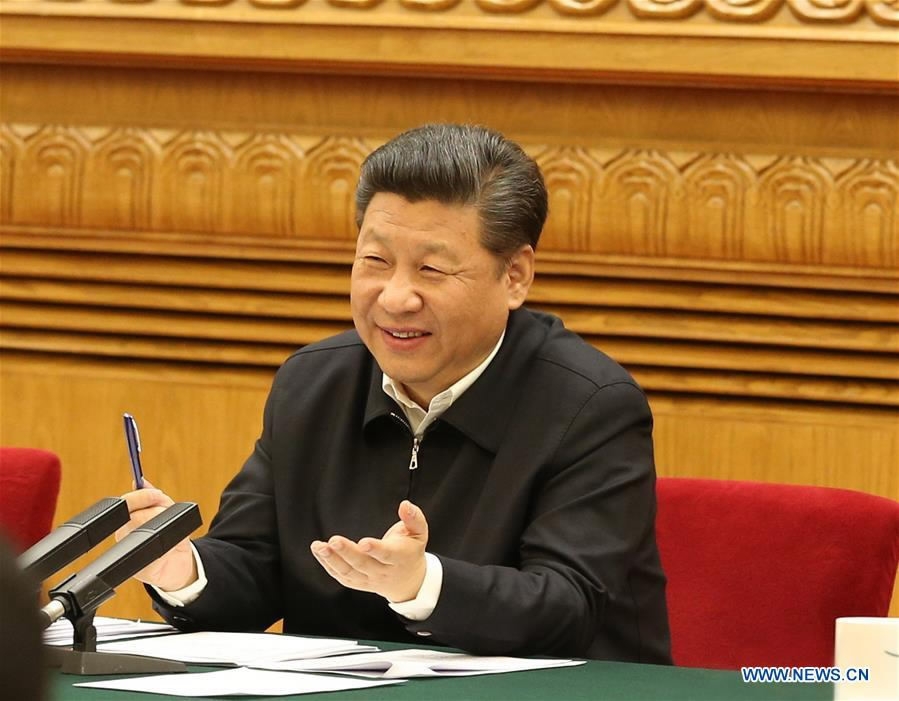
Chinese President Xi Jinping presides over a symposium on cyberspace security and informatization, April 19, 2016, in Beijing, capital of China. /Xinhua Photo
Chinese President Xi Jinping presides over a symposium on cyberspace security and informatization, April 19, 2016, in Beijing, capital of China. /Xinhua Photo
“Officials should use the internet more often to learn about the concerns and wishes of the people,” Chinese President Xi Jinping said at a symposium on cyber security and informatization in April 2016.
“Officials need to draw sincere suggestions and feedback from the internet, help clarify public misconceptions or their fuzzy ideas about certain matters, dissolve public grudges and grievances, and correct their wrong perceptions,” Xi added.
5km

SITEMAP
Copyright © 2018 CGTN. Beijing ICP prepared NO.16065310-3
Copyright © 2018 CGTN. Beijing ICP prepared NO.16065310-3